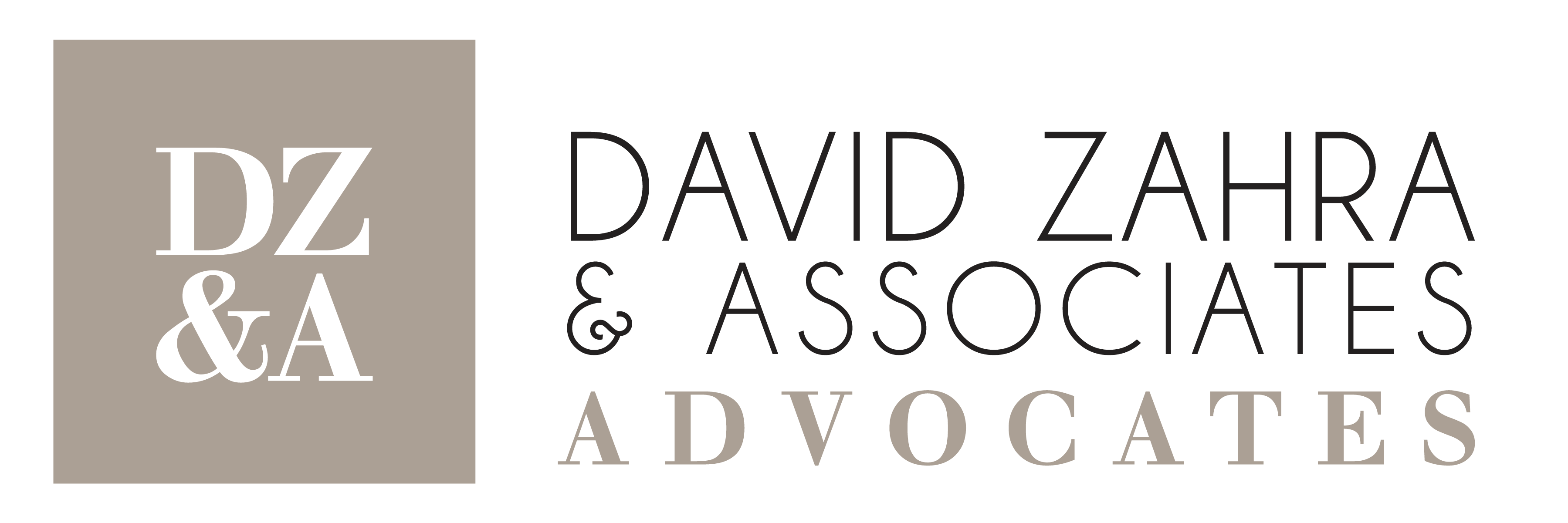Several recent and forthcoming amendments to Maltese employment law introduce important new entitlements and obligations for both employers and employees.
Bereavement Leave for Parents
With effect from 1 January 2026, a new entitlement to seven days of paid bereavement leave will come into force for parents who suffer the loss of a child under the age of 18.
This measure applies across all categories of workers, including full-time, part-time, and self-employed individuals, ensuring a uniform level of protection and compassion in such difficult circumstances. Notably, the cost of this leave will be borne by the Government, reducing the financial burden on employers while providing essential support to the affected families.
Mandatory Electronic Payment of Wages for Third-Country Nationals
(Act No. XXXI of 2025 – formerly Bill No. 148)
As part of Malta’s broader labour migration and compliance policy, Act No. XXXI of 2025 introduces a mandatory requirement for the payment of wages to Third-Country Nationals (“TCNs”) to be made exclusively via bank transfer or other electronic means through an accredited and licensed financial institution.
This requirement will apply to TCNs whose employment commences or is transferred to a new employer on or after 1 October 2025. The reform will help in preventing wage abuse, by enhancing transparency, and facilitating traceability of payments in the employment of foreign nationals.
Extension and Clarification of Maternity Leave Entitlement
(Bill No. 153 – Employment and Industrial Relations (Amendment No. 3) Bill)
Bill No. 153, currently at its second reading stage (as of 21 October 2025), proposes an important amendment to the Employment and Industrial Relations Act concerning maternity leave.
Under the current law, maternity leave is linked to the term “confinement.” The proposed amendment will replace this with the term “delivery” and explicitly confirm that maternity leave applies in cases where a child is delivered, whether born alive or stillborn, from the 22nd week of pregnancy onwards.
In practice, this change means that employees who experience a stillbirth after the 22nd week of pregnancy will now be entitled to full maternity leave. Once enacted, this measure will ensure greater protection, inclusivity, and legal clarity for affected employees.
Employment & Workforce-Related Measures in the Budget 2026
The 2026 Budget introduces a range of measures designed to promote employee retention, strengthen work-life balance, and enhance workforce skills.
Wage Subsidy Scheme:
- Covering 65% of a wage increase for employees who have been with the same employer for more than four (4) years, up to a maximum of €780 per employee per annum for two (2) years.
- For employers in Gozo the coverage rises to 80 %, up to a maximum of €960 per employee per annum.
New and Extended Leave Entitlements:
- A neonatal care leave will be introduced for parents whose newborns require intensive/specialised medical attention immediately after birth, which will be fully state-funded.
- Self-employed individuals will become eligible for parental leave, bereavement leave, and miscarriage leave, aligning their entitlements more closely with those of employed persons.
Upskilling and Digital Transformation Initiatives:
- The launch of a National Talent Register and emphasis on digital/AI training and remote-working frameworks are directed toward improving labour-market mobility and skills development.
- A national AI training programme will offer free courses, official certification, and complimentary subscriptions to AI tools upon completion, empowering workers with essential digital skills, promoting productivity.
Cost of Living Adjustment (“COLA”):
- For 2025, the mandatory COLA has been set at €4.66 per week per employee.
Pension Reforms and Auto-Enrolment:
- The contributory pension system will be amended to standardise the minimum qualifying period at ten (10) years of contributions, regardless of an individual’s year of birth.
- In addition, final consultations are underway to introduce a mandatory auto-enrollment occupational pension scheme, requiring both employers and employees to contribute to individual pension funds, bolstering long-term retirement security.
Leave Donation Scheme:
- Employers in the private sector are also being encouraged to implement Leave Donation systems, allowing employees to voluntarily donate their unused leave to colleagues facing personal or medical difficulties.
For further information or tailored advice on how these changes may affect your organisation, please contact the legal team at David Zahra & Associates Advocates.




